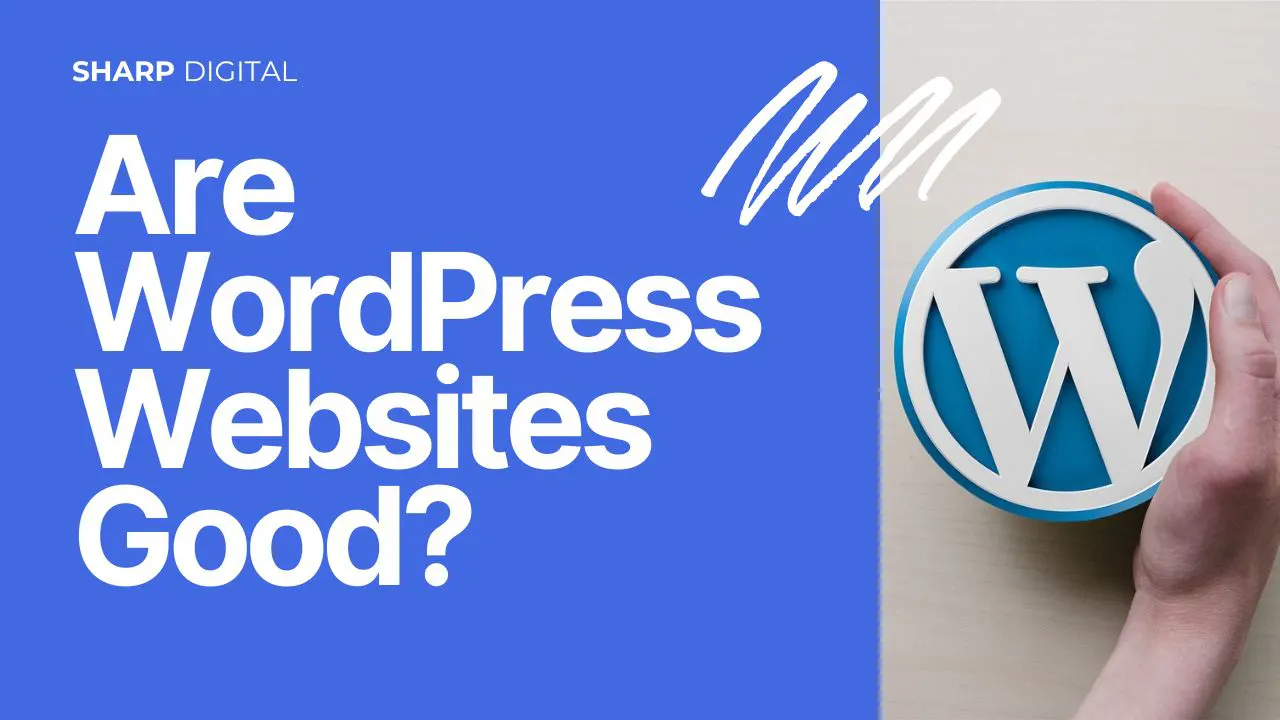The Google Knowledge Panel is a prominent information box that appears on the right side of Google search results (or at the top on mobile devices) when users search for entities like businesses, people, organizations, places, or topics. This rich snippet provides structured information in an easily digestible format, often including images, key facts, social media links, and other relevant details.
Key Components of Knowledge Panels
- Entity Header: Name, logo, and primary image of the entity
- Key Information: Essential facts, ratings, contact details
- Knowledge Graph Integration: Connected entities and relationships
- Social Media Links: Verified social profiles and follower counts
- Actions and Interactions: Website links, directions, booking options
- Rich Media: Images, videos, and interactive elements
Why Knowledge Panels Matter in 2025
Knowledge Panels have become increasingly important for several compelling reasons:
- Prime Real Estate: Panels appear above traditional search results, capturing immediate attention
- Higher Click-Through Rates: Rich formatting drives more engagement than standard listings
- Brand Authority: Being featured signals credibility and trustworthiness to users
- Voice Search Integration: Panels provide data for voice assistants and smart speakers
- Mobile Optimization: Panels adapt beautifully to mobile interfaces
- Competitive Advantage: Sets you apart from competitors in crowded search results
"Knowledge Panels are Google's way of providing users with comprehensive, trustworthy information at a glance. They represent the evolution from simple search results to rich, contextual knowledge discovery."
— Google Search Central, 2024



